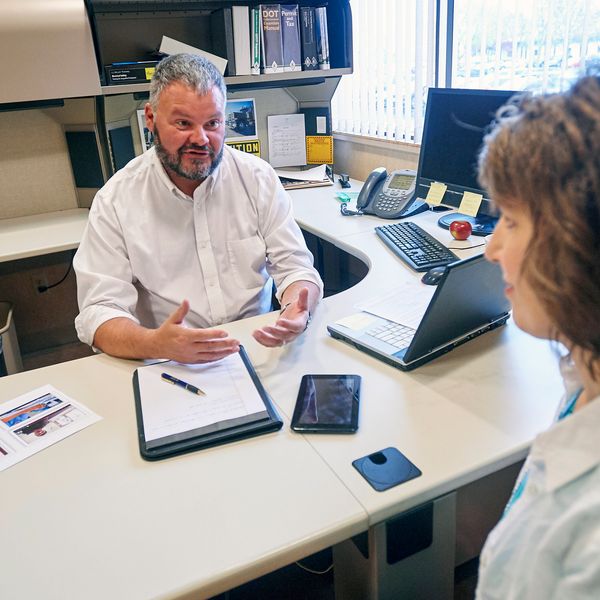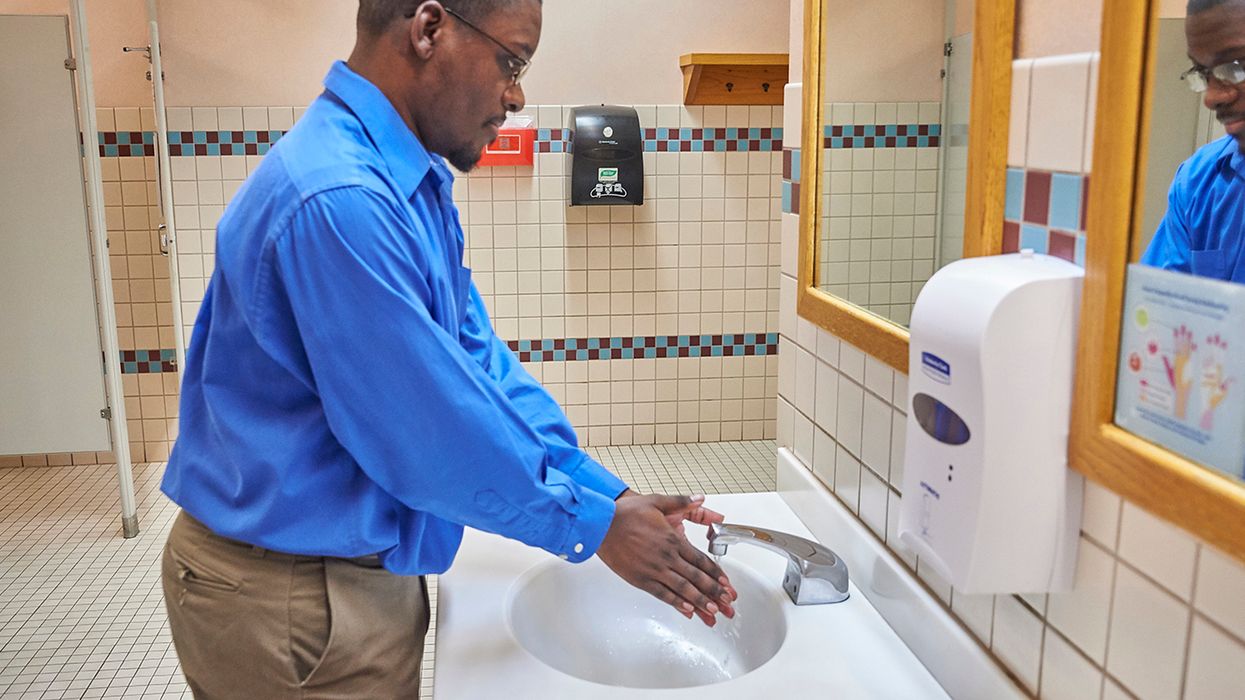On a High Note: Go ahead, make a mistake
Go ahead, make a mistake
Alex typed an incorrect number into a spreadsheet. He didn’t catch the error himself and was embarrassed when his supervisor did.
When Alex’s supervisor pointed out the mistake to him, Alex asked if she had any suggestions to help him avoid doing it again.
“Did you proofread your numbers?” she asked.
Alex said that he always did proofread, but added that it’s not easy to see one’s own mistakes after working closely on something for a while.
The supervisor told Alex that when she was doing a similar job, she frequently had someone else look at her numbers, and that if he liked, she could do that for him. Alex took her up on the offer.
Research backs up the value of tolerating mistakes
Joint research from Bradley University and Louisiana State University found that when supervisors help employees learn from their mistakes, they improve the performance not only of the employees themselves, but also of the organization. They also found, however, that for this learning to take place, the organization had to take on a policy of tolerating mistakes.
You might wonder how putting up with mistakes can possibly be good for an organization. Of course, in some cases, mistakes simply are not acceptable. But what seems to be the most important finding in this research is that people do not learn from mistakes when they are shamed because of them.
In situations where mistakes are not viewed as an opportunity for learning, failure threatens self-esteem; and when self-esteem is threatened, people stop learning.
Less shame, more gain
In their book, Shame and Guilt, authors June Price Tangney and Rhonda L. Dearing write that shame can lead people to hide mistakes from others. Once someone is hiding mistakes, they are not learning from them. In fact, they may be making their mistakes worse by trying to cover them up or with misguided efforts to correct them.
If Alex’s supervisor would have berated him for the mistake, he may have felt shame. That shame may have led to his covering up future mistakes, instead of learning how to overcome them and forge ahead. Because his supervisor didn’t shame him and, in fact, went so far as to admit she had made similar mistakes in the past, Alex learned a new way to get his job done in such a way as to avoid mistakes in the future.
Key to remember: Helping employees fix their mistakes and working with them to figure out ways to avoid repeating those mistakes may improve your organization in the long run.


















































